Intel suspends operations in Russia
The move comes 34 days after Intel joined AMD in halting chip sales to Russia
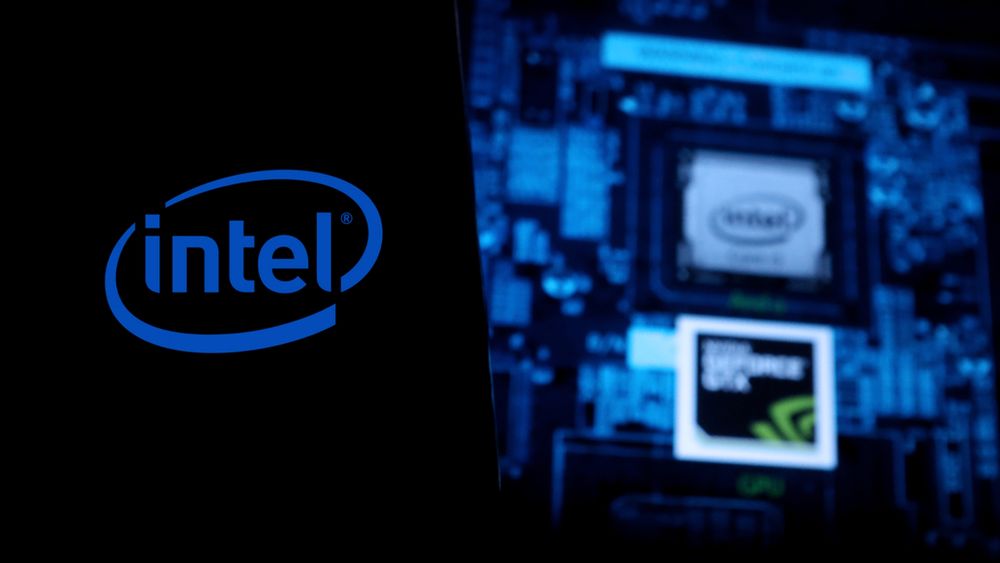

Intel is officially suspending all business operations on the Russian market after almost three decades in the country.
The decision is “effective immediately”, the company announced on Wednesday.
In a statement on its website, Intel condemned the Russian invasion of Ukraine and called for “a swift return to peace”.
“Our thoughts are with everyone who has been impacted by this war, particularly the people of Ukraine and the surrounding countries and all those around the world with family, friends and loved ones in the region.”
The company is “working to support all of our employees through this difficult situation”.
This includes Intel’s 1,200 employees that are based in Russia, with the majority stationed at its offices in Moscow and Nizhny Novgorod.
Business continuity measures are being implemented to “minimise disruption to [Intel’s] global operations”.
Get the ITPro daily newsletter
Sign up today and you will receive a free copy of our Future Focus 2025 report - the leading guidance on AI, cybersecurity and other IT challenges as per 700+ senior executives
According to Gartner VP analyst Gaurav Gupta, the Russian invasion can significantly impact the semiconductor industry due to the shortage of various raw materials sourced from Ukraine:
“As one example, Ukraine is a major source of inert gases, such as neon required for the semiconductor lithography process, and any disruption in the supply of neon and other noble gases from the country could trigger shortages and associated cost inflation,” Gupta said last month.
RELATED RESOURCE
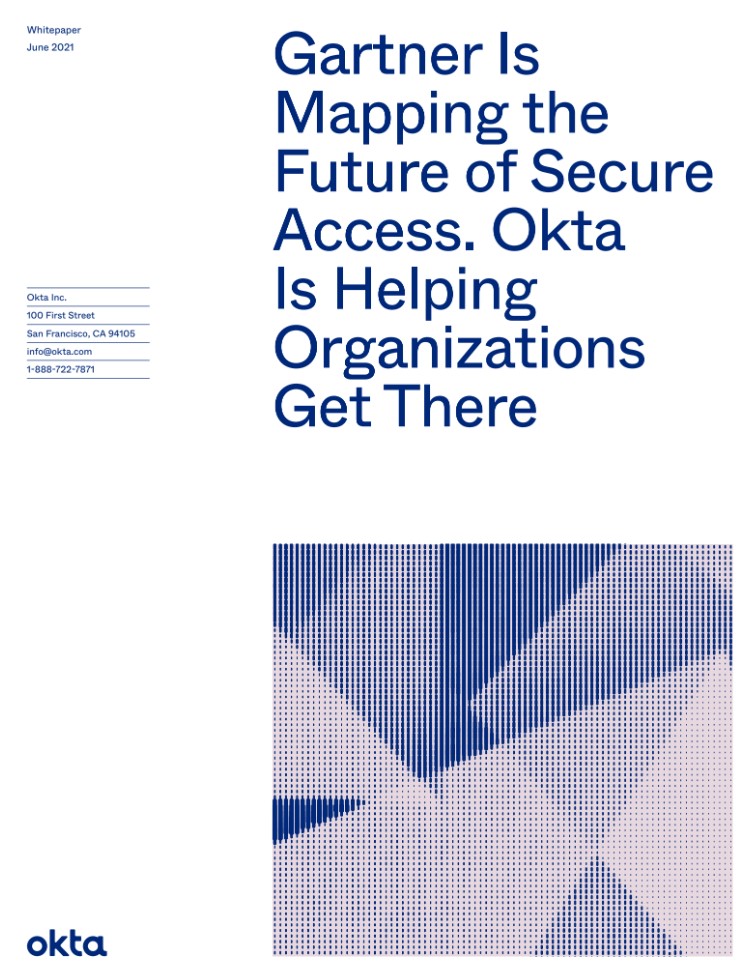
Gartner is mapping the future of secure access. Okta is helping organisations get there
Creating unified, consistent digital identities for users
The move comes 34 days after Intel joined AMD in halting chip sales to Russia. Despite being an important producer of aluminium, a metal commonly used in all types of electronic equipment, Russia lacks a strong semiconductor industry and is known to heavily rely on imports from the US and Taiwan.
Russia is also heavily dependent on Western software for its business operations, and the country might find it challenging to meet its 2025 target of achieving “technological independence and security of the critical information infrastructure”, as ordered by President Vladimir Putin on 31 March.
Questions remain as to whether Intel, as well as other foreign corporations such as Deloitte, PwC, and KPMG, will be able to debrand its remaining operations into local partners in the Russian market, ahead of a fresh round of intensified sanctions expected later today.
Russia is also facing a mass exodus of IT professionals, with as many as 170,000 Russian tech specialists estimated to have left the country since late February, according to the Russian Association for Electronic Communications (RAEC).
Having only graduated from City University in 2019, Sabina has already demonstrated her abilities as a keen writer and effective journalist. Currently a content writer for Drapers, Sabina spent a number of years writing for ITPro, specialising in networking and telecommunications, as well as charting the efforts of technology companies to improve their inclusion and diversity strategies, a topic close to her heart.
Sabina has also held a number of editorial roles at Harper's Bazaar, Cube Collective, and HighClouds.
-
 Should AI PCs be part of your next hardware refresh?
Should AI PCs be part of your next hardware refresh?AI PCs are fast becoming a business staple and a surefire way to future-proof your business
By Bobby Hellard Published
-
 Westcon-Comstor and Vectra AI launch brace of new channel initiatives
Westcon-Comstor and Vectra AI launch brace of new channel initiativesNews Westcon-Comstor and Vectra AI have announced the launch of two new channel growth initiatives focused on the managed security service provider (MSSP) space and AWS Marketplace.
By Daniel Todd Published
-
 Powering productive work
Powering productive workwhitepaper Maximising the value of technology in an evolving defence sector
By ITPro Published
-
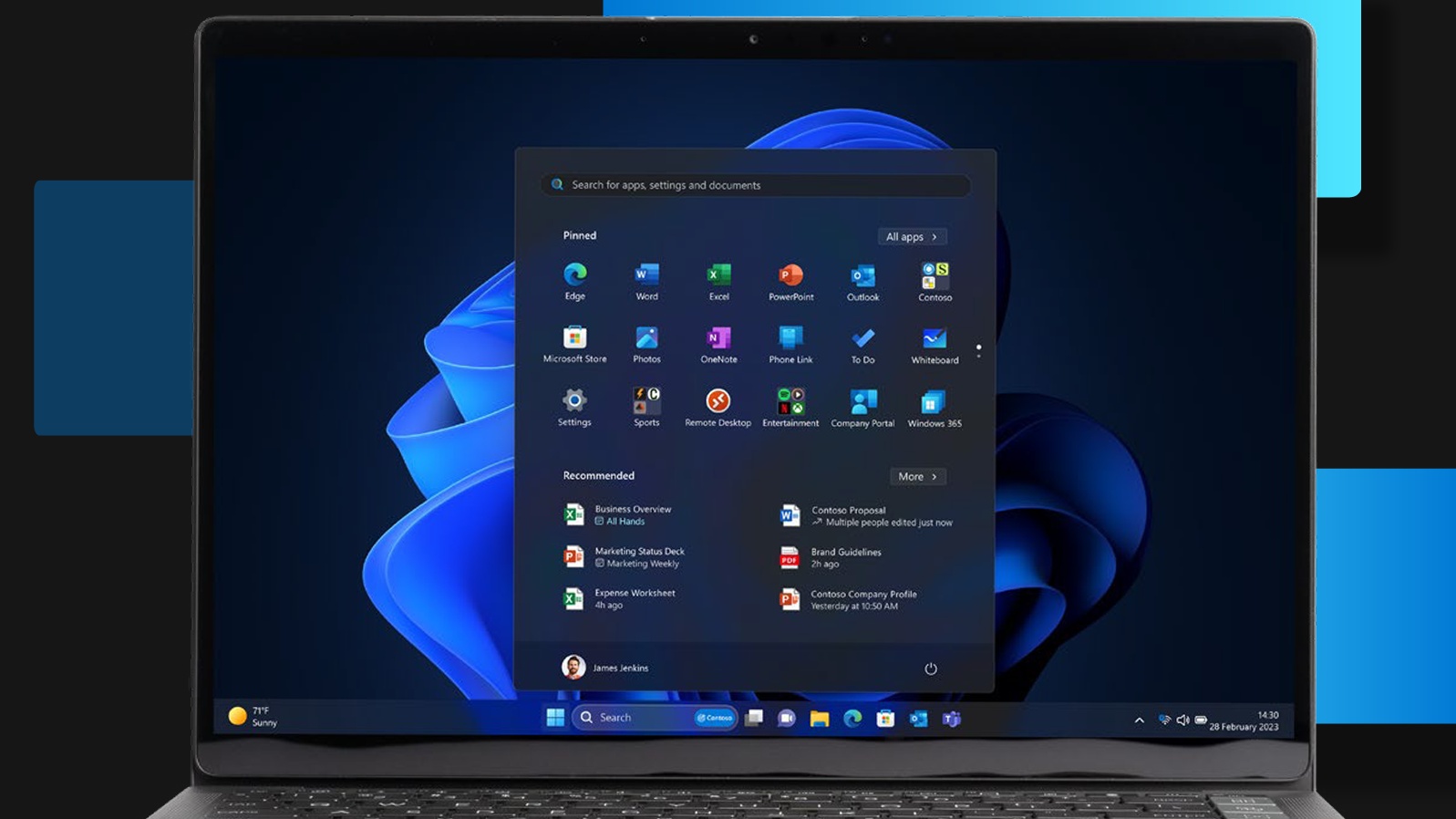 Windows 11 Pro and CDW - Overcoming today's escalating cyberthreats
Windows 11 Pro and CDW - Overcoming today's escalating cyberthreatswhitepaper Employing a security-by-default approach with the latest Windows 11 Pro devices
By ITPro Published
-
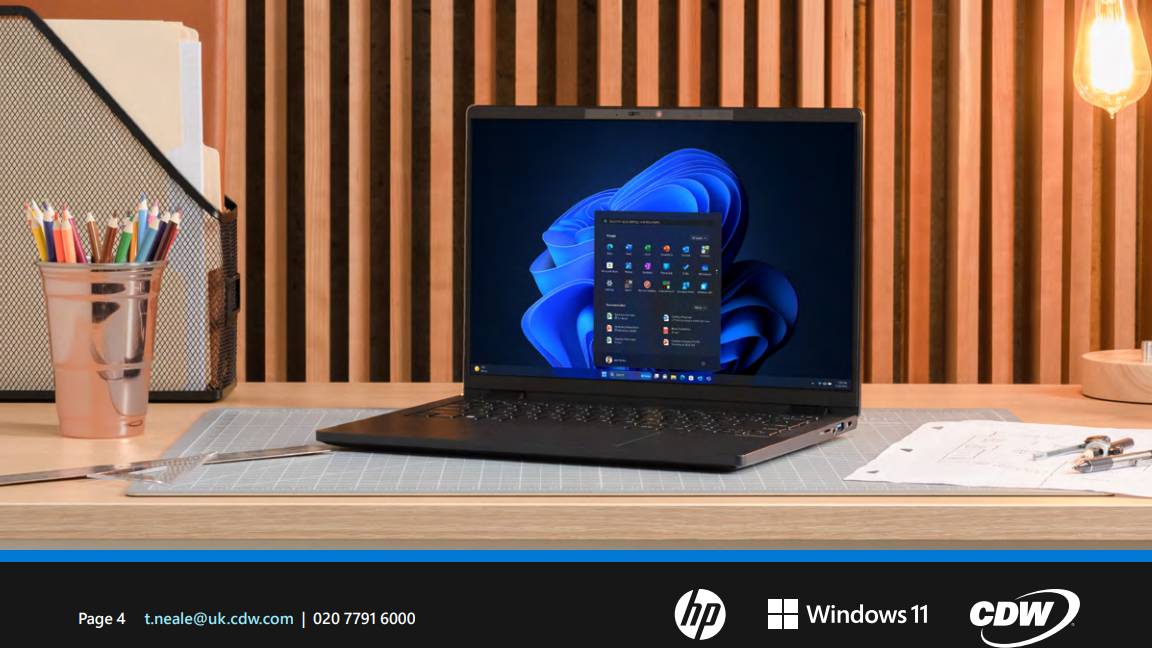 Onward: How security drives business opportunity
Onward: How security drives business opportunitywhitepaper Do you consider security as a business investment or a business enabler?
By ITPro Last updated
-
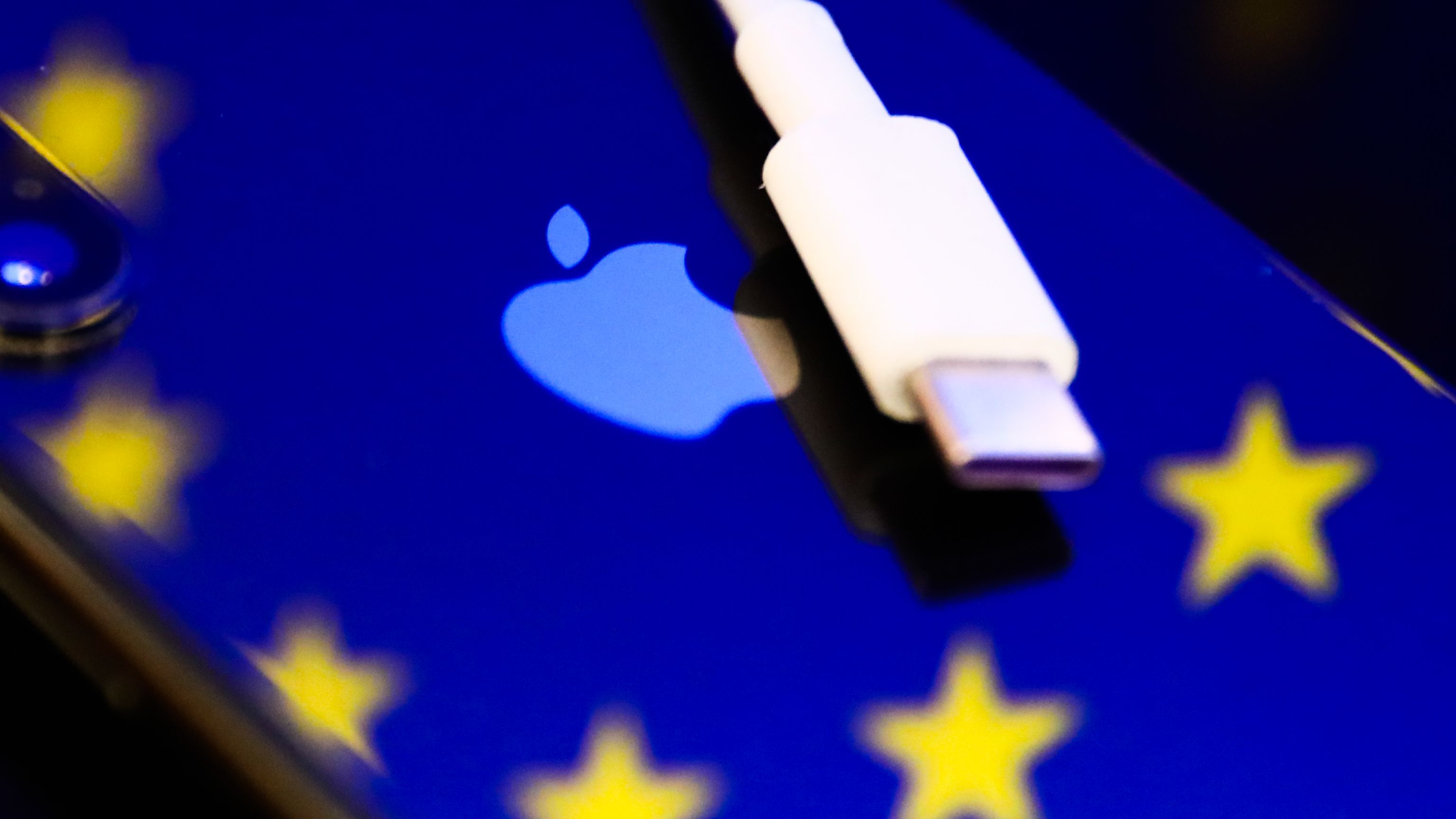 The EU's USB-C mandate is bad news for repairers
The EU's USB-C mandate is bad news for repairersOpinion The rule change is being championed to help people save money and combat e-waste but makes life that little bit harder for PC technicians
By Lee Grant Published
-
 MSG giant Ajinomoto's chipmaking foray helps break financial records
MSG giant Ajinomoto's chipmaking foray helps break financial recordsNews In addition to umami seasoning, the company produces a microfilm insulation used by the semiconductor industry which was repurposed from its amino acid technology
By Zach Marzouk Published
-
 IBM unveils its 'most powerful' 433-qubit quantum processor
IBM unveils its 'most powerful' 433-qubit quantum processorNews The Osprey is three times more powerful than IBM's 127-qubit Eagle processor the company launched a year ago
By Zach Marzouk Published
-
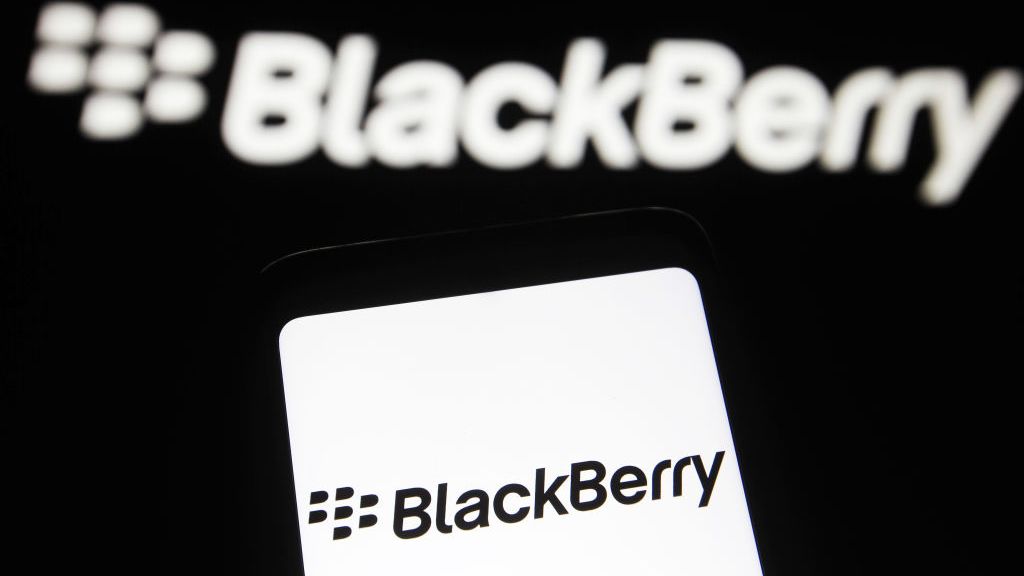 Blackberry revenue falls by 4% as cyber security division takes hit
Blackberry revenue falls by 4% as cyber security division takes hitNews Despite this, the company’s Internet of Things (IoT) division increased its revenue by 28% as it attracted new customers from the automotive sector
By Zach Marzouk Published
-
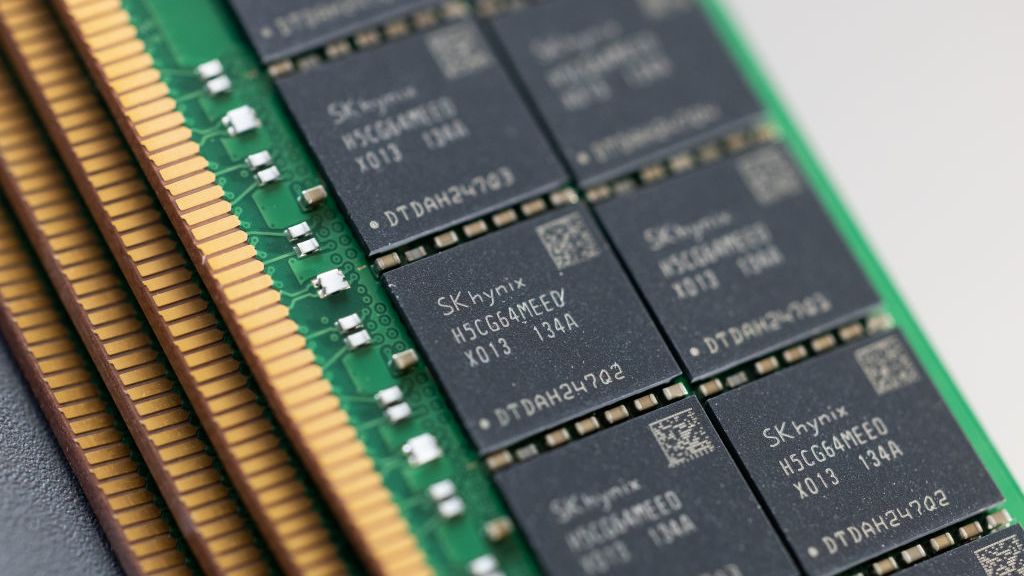 SK Hynix splashes out $11 billion on new semiconductor plant
SK Hynix splashes out $11 billion on new semiconductor plantNews The company will produce memory chips, but will reportedly decided closer to the time whether they will be DRAM or NAND flash chips depending on market conditions
By Zach Marzouk Published